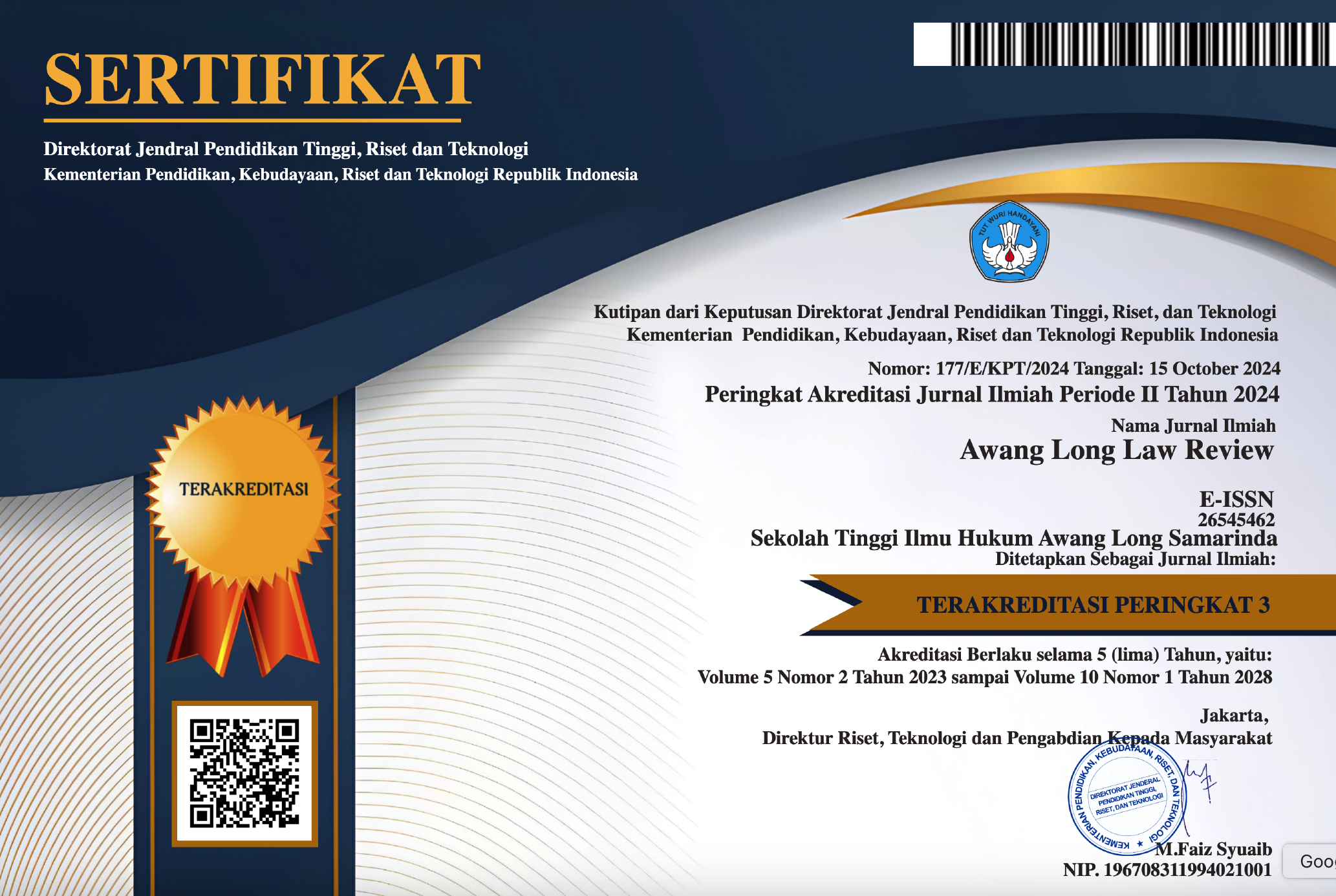GOVERNMENT SUPERVISION OF THE RIGHTS FULFILLMENT OF HOUSED WORKERS IN THE TRANSITION PERIOD
Abstract
This study aims to determine the form of supervision carried out by the government on the fulfillment of the rights of laid-off workers and to analyze the effectiveness of the wage system policy and welfare of laid-off workers using empirical normative research methods that use research materials in the form of primary data obtained from field research and secondary data collected obtained from various laws and regulations, books, articles, and theoretical materials related to the object of research. The results show that the form of supervision carried out by labor inspectors tends to be non-judicial repressive in nature by waiting for complaints from workers/laborers and then making tripartite settlements through mediation. The fulfillment of the rights of laid-off workers/laborers through various government policies cannot run effectively which is influenced by three factors, namely, a) labor regulations that do not contain strict sanctions for violations of the fulfillment of workers' rights, b) law enforcers, namely labor inspectors and Civil servant investigators must have qualified legal knowledge related to employment and be active in conducting supervision, and c) Legal culture, especially workers and employers.
Downloads
Copyright (c) 2022 Awang Long School of Law

This work is licensed under a Creative Commons Attribution-ShareAlike 4.0 International License.







